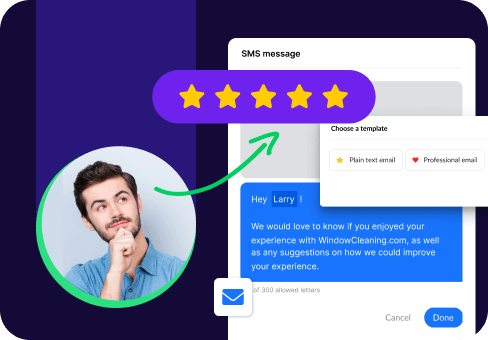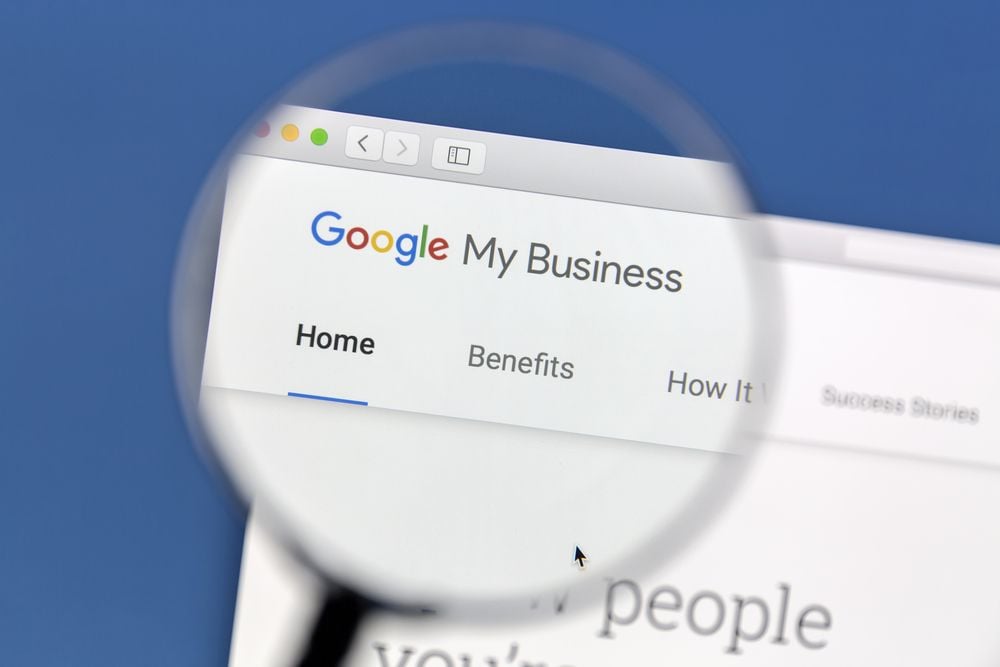How to Report Fake Google Reviews With Examples
What to do when your business gets a bonkers negative review on Google
So you went to check on your reviews and noticed that someone left a negative one in the Google Maps app... Not a great way to start (or end) your day.
Your small business likely relies on customer reviews to build and promote your reputation.
After all, 97% of customers say that reviews impact their buying decisions.
But what happens when you get a negative review that is absolutely crazy?
Negative reviews are unavoidable for many small businesses. But every now and then, you might get a review that has you scratching your head.
Maybe it’s fake, or maybe it’s just outlandish.
In this article, I’ll go over the Google policy on positive or negative reviews and provide examples from real businesses to help illustrate types of reviews that break the rules.
Lastly, I’ll summarize how you can report a Google review whenever your business might get whacko feedback from customers—and sometimes non-customers too!
What Is the Google Reviews Policy?
"Can I remove a Google review that's fake?"
Google’s reviews policy outlines what types of content are considered “prohibited or restricted.”
Reviews with content that falls into any of these categories violate Google’s terms and are eligible to be deleted from your Google Business Profile.
Let’s go over some types of “prohibited or restricted content” with examples of real reviews to better understand the Google review policy.
How to Spot Negative Google Reviews that Break the Rules
Let’s look at the types of reviews that break Google’s review policy so you can detect and protect your business from inappropriate or false reviews on Google.
1. Offensive Content
If a review contains “obscene, profane or offensive language,” Google will remove it, even if it is an otherwise legitimate review.
That means if the language is offensive, it doesn’t matter if the negative review is fake or real—it’s a violation.
Google employees use their discretion to decide what crosses the line. Often, they let mild insults slide if the vocabulary isn’t overly offensive and the rest of the review is relevant.
But if common sense tells you that certain language is indefensible, you might have a case.
In this below example, a customer reviewed a restaurant but didn’t mention anything about the food, the drinks, the service, the prices, wait times or even the interior decor.
Instead, the review is an insult to the staff and other patrons with arguably offensive language that I’ve blacked out.
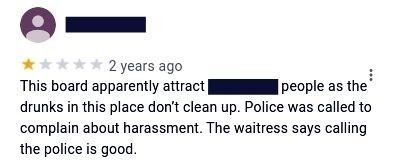
2. Off Topic
According to Google, online reviews must be about actual, relevant customer experiences with the company.
Personal rants, political or social commentary and other content of that nature could be flagged for removal.
If you get a negative review that is off topic and not reflective of a customer’s genuine experience, then it might violate Google’s review policy.
In the below example, a friend or family member of a local company’s former employee wrote a negative review about the employee’s firing.
Clearly the reviewer isn’t even a customer of the company and is not leaving a review about a customer experience.
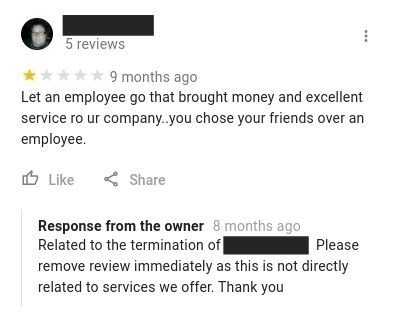
3. Spam and Fake Content
Spammy or fake reviews do not meet Google’s policy on reviews.
Google’s definition of spammy or fake content is any content that isn’t about a “genuine experience” with the specific company being reviewed.
Content designed to manipulate a company’s star rating is also part of this definition.
Lastly, duplicate reviews from the same customer, from either the same or different Google user accounts—even if the reviews are real—also meet this definition.
Typical examples include negative reviews about made-up experiences or which promote content that’s not about a customer experience at all. But not all examples are so obvious.
In this below example, a legitimate review was posted for the wrong company.
Technically, this review qualifies as an inflation for the other company’s star rating because it’s not about an actual experience with the company being reviewed.

4. Conflict of Interest
When posting a review on Google, they prohibits reviews written by company owners, current employees, former employees or competitors.
And it’s irrelevant whether the reviewer attempts to hide or misrepresent their authorship.
That means competitors or former employees also can’t provide a negative rating anonymously or under an alias.
It’s within Google’s discretion on a case-by-case basis to decide who and what is a conflict of interest.
In this example, a disgruntled former employee of a local housecleaning company clearly has something to say.
Writing a negative review about a company because you had a bad employment experience doesn't count.
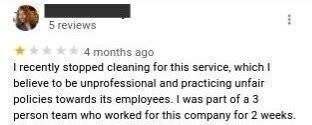
5. Impersonation
Google’s policy against “impersonation” boils down to whether the reviewer is speaking as someone else.
Pretending to be a customer to talk about someone else’s experience is against the rules.
Even those transparent about reviewing second- or third-hand customer experiences might still be breaching Google’s policy.
Of course, Google employees grant leeway depending on the circumstances.
For example, they likely won’t delete a review by someone writing for an elderly grandparent, especially if the grandchild was privy to the grandparent’s customer experience.
But reviews by friends or acquaintances where specific details of the customer experience are sparse or missing, as in the below example, might not cut it.
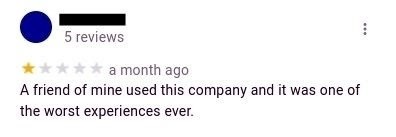
Other Violations of Google’s Reviews Policy
Here are some other ways that feedbacks can violate Google's Review Policy:
Restricted Content
Any review of a business that attempts to promote or sell what Google calls “restricted content” is not allowed.
Restricted content “includes, but is not limited to, alcohol, gambling, tobacco, guns, health & medical devices, regulated pharmaceuticals, adult services and financial services.”
Illegal and Terrorist Content
This type of content might be obvious but Google mentions it in their review policy for the sake of technicality.
Reviews that advocate illegal or terrorist activity are clear abuses of the Google review policy.
Sexually Explicit Content
These types of reviews are like “offensive content,” mentioned above with an example.
But to prevent ambiguity, Google lists “sexually explicit content” separately in their reviews policy.
Dangerous or Derogatory Content
Google reviews that threaten harm, express harassment, intimidation or bullying or incite hatred are prohibited.
How to Remove Bad Reviews From Google
First off, when your business gets a negative review, try not to panic.
Nobody likes to receive negative feedback. But if the reviewer is an actual customer discussing a real experience without being offensive or spammy, their review might be valid.
And a reviewer misrepresenting specific details about their otherwise real experience isn’t necessarily against the rules. Google isn’t in the habit of ruling on a “he said vs. she said.”
In such situations when you're wondering how to dispute Google reviews, the best course of action is to reply to the review to either apologize to make things right or, if necessary, respectively and tactfully tell your side of things.
Check out our guide of negative review response examples for tips to reply to negative reviews and templates of responses.
But what about business reviews that do violate Google’s review policy?
Turn your positive reviews into your best marketing assets!
NiceJob’s set-and-forget review software automatically gets you reviews and shares them on Facebook, Instagram, and more so you can become top rated.
See how it works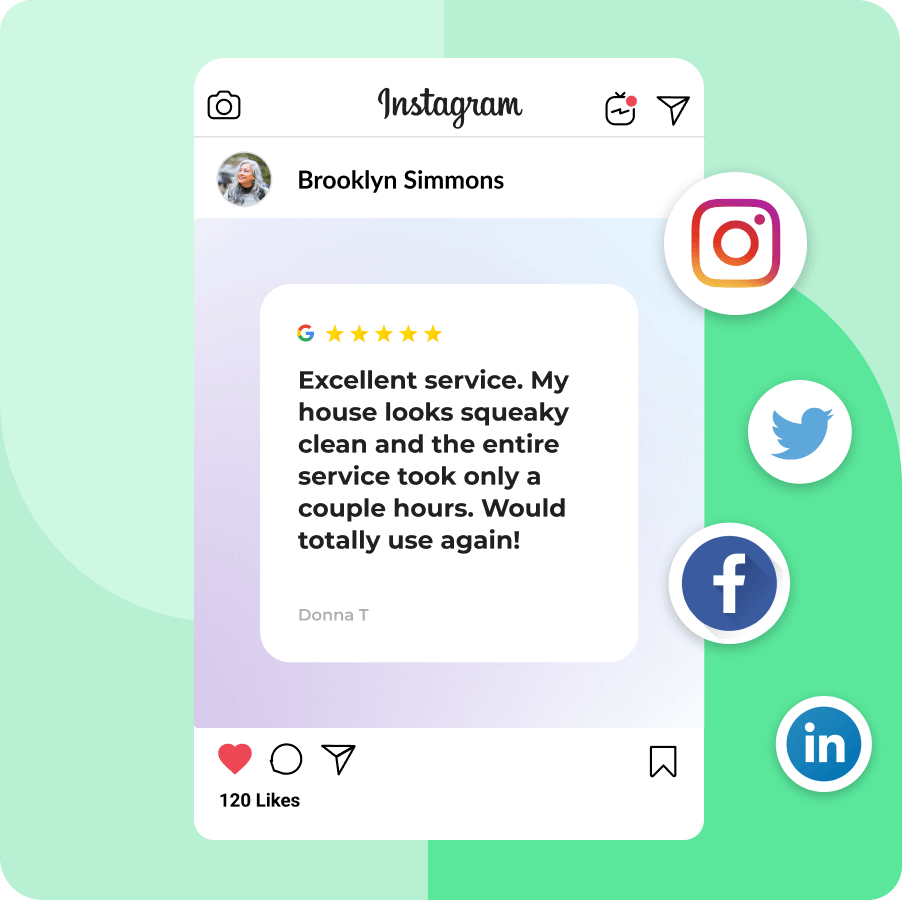
How to Report and Get a Google Review Removed
You may have heard review horror stories about pages like Ripoff Report, a website that will supposedly give consumers recourse if a business has scammed them.
Thankfully, if you get a bad review that violates the Google reviews policy, getting a Google review removed is possible.
And while there may not be a Google review removal tool, you can still learn how to take down Google reviews by following the steps below:
- Log into your Google Business Profile.
- Click on “Reviews.”
- Find the review you’d like to report and click on the three vertical dots on the right-hand side.
- Click “Flag as inappropriate,” select the reason for flagging and enter your information.
If you're a more visual person, check out the Google My Business report template below. It's a short instructional video that covers the process for how to report Google reviews.
Google will follow up with you if they need more information or if they have an update.
What Happens if My Request to Remove a Google Review Is Denied?
If Google rejects your request to remove a review and you still feel it violates their policy, you have a couple of options.
First, from your Google Business Profile, click on “Support” to submit a post in their Help Community or contact Google.
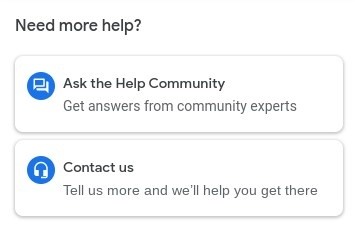
In a new Help Community post, publish a copy of the review and explain the circumstances.
If a Google Product Expert sees your post and agrees with you, they could escalate the situation.
Contacting Google may only work if there is new info to share or if there was a misunderstanding about your initial removal request. Beyond their support page, you probably won't find a specific Google review contact number. But it’s worth a shot as a last resort.
Remove Bad Google Reviews to Get the Reputation You Deserve
It’s important to get customer reviews because with positive Google reviews, you can start using reputation marketing to grow your business.
What is reputation marketing? Reputation marketing is the strategy of using your positive review collection in your own marketing materials to grow your business.
Negative reviews will weigh down these marketing efforts. The best way to avoid bad reviews is of course to provide amazing customer experiences at every opportunity.
After all, you never know when an unsuspecting passer-by or someone from Google's local guides program will stumble upon your business, have a fantastic experience, and then open up Google search engine results pages to leave you a glowing review.
There are even Google review companies that offer reputation marketing tools that automatically generator review request links directly to your customers!
But at least if you get a completely bogus review or a negative review that looks fishy, now you know how you can flag it for removal to help keep your reputation strong.
Visit NiceJob to learn how to quickly gather reviews and transform them into a powerful marketing tool.
Is Reputation Marketing Software Right for You?
Try NiceJob for free for 14 days! No risk, no contracts, and no long-term commitment.
Start Free